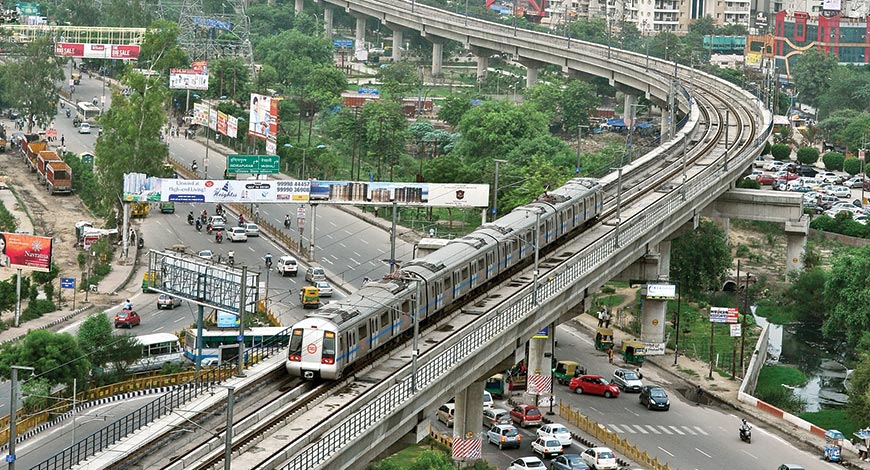The outcome-aligned incentives of Freelance Expatriates, often hired for their technical skills helps them play an understated but critical role in resolving conflicts on projects execution
An Indian Institute of Technology Madras (IIT Madras) study has found that freelance expatriates hired by Indian Public Sector clients play a critical role in the smooth execution of ‘vanguard’ or ‘first of their kind’ infrastructure projects such as highways, urban rail systems and airports, among others.
Developing nations the world over are in a rush to catch up with the modern world, and India is no different. Ambitious projects for the construction of highways, urban rail systems and airports are common in the country.
In this in-depth analysis, the researcher studied the challenges faced during initial stages of infrastructure vanguards in India and how different views were negotiated to create a set of processes that can lead to the smooth management of these projects.
A key finding of the paper was that most of these conflicts were resolved by a hitherto unheralded group of project participants – freelance expatriates hired by the Indian client. This research paper offers a critical insight into how megaprojects can be better managed.
Prof Ashwin Mahalingam, Department of Civil Engineering, IIT Madras, analysed empirical data from two metro rail megaprojects in India that were part of the Delhi Metro to conceptualise impasses as arising due to contradictions in institutionalised logics relating to work practices used by various organisations on such projects.
The study showed that contradictory logics in carrying out work can lead to ’horizontal’ or process-based institutional voids and ’vertical’ or role/hierarchy-based institutional voids that must be successfully navigated to ensure project progress.
The findings of this study were published in the peer-reviewed International Journal of Project Management. Prof Ashwin Mahalingam was the author of the research paper.

